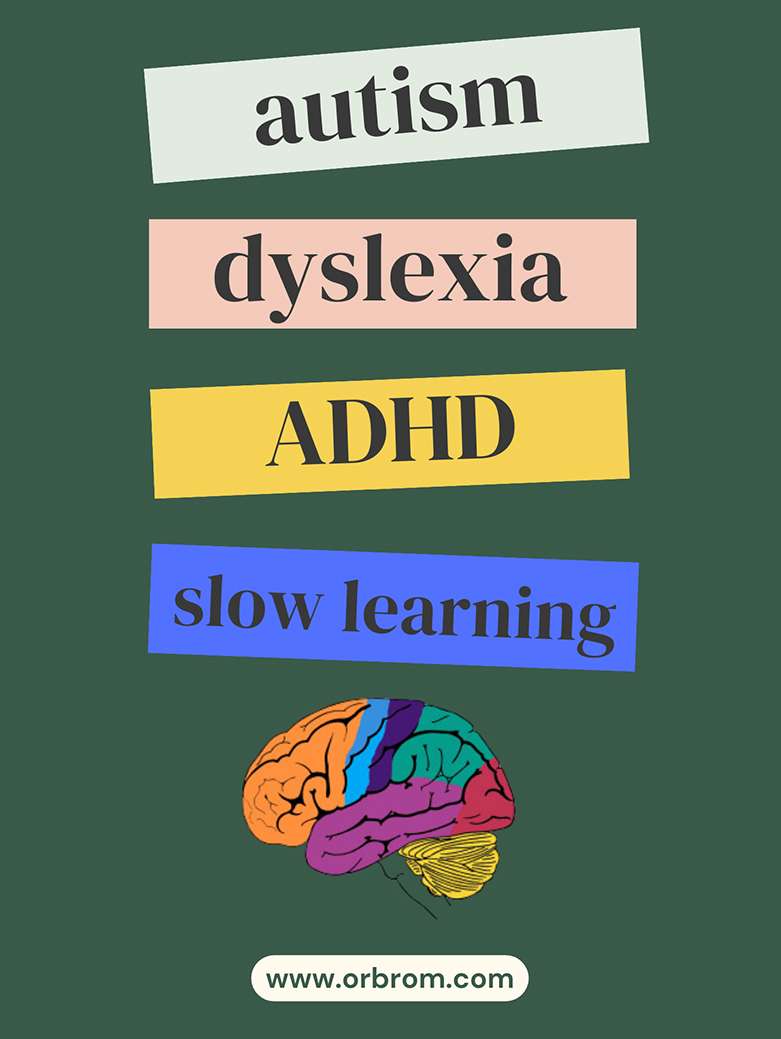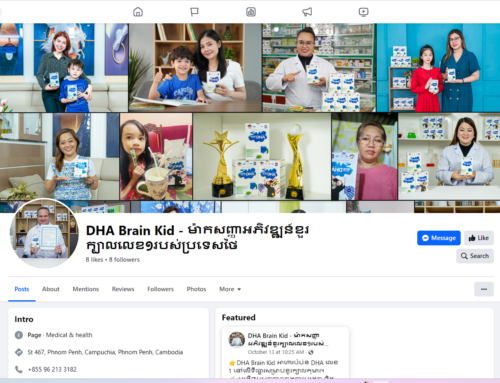Traditional labels like “gifted,” “average,” or “struggling” can inadvertently create static classifications, overlooking the dynamic nature of learning. A student excelling in one area might face challenges in another, and categorizing them solely by their perceived limitations can hinder their potential. Furthermore, labels can inadvertently foster harmful stereotypes and stigma, impacting a student’s self-confidence and motivation.
Embracing the Spectrum:
Shifting the focus from labels to recognizing and appreciating the spectrum of learning styles and abilities brings numerous benefits. This perspective acknowledges that learning is a multifaceted journey, with individual students progressing along diverse pathways. By embracing this diversity, educators can personalize their approach, catering to individual needs and preferences.
Strategies for Inclusivity:
Here are some key strategies for cultivating a classroom that honors the spectrum of learners:
- Differentiated Instruction: Employing varied teaching methods, materials, and assessments provides multiple entry points for understanding and demonstrating knowledge. This caters to students’ preferred learning styles and allows them to excel in their own ways.
- Universal Design for Learning (UDL): UDL principles encourage teachers to proactively remove barriers to learning by providing multiple means of engagement, representation, and action. This creates a flexible and inclusive learning environment that benefits all students, regardless of individual differences.
- Formative Assessment: Regularly monitoring student progress through ongoing assessments allows educators to tailor instruction based on individual needs and adjust expectations as necessary. This promotes a growth mindset and empowers students to take ownership of their learning journey.
- Collaboration and Peer Support: Encouraging collaborative learning activities and peer support fosters a sense of community and belonging. Students can learn from one another’s strengths and perspectives, developing empathy and understanding for diverse learning styles.
Empowering All Learners:
By moving beyond labels and embracing the spectrum of learners, educators can cultivate a classroom that fosters growth, inclusivity, and a love for learning in all students. This shift not only benefits individual students but also enriches the entire learning environment, creating a vibrant tapestry of diverse perspectives and skills that contribute to a richer educational experience for all.
Services for Autism, ADHD, Dyslexia, Spelling Difficulty, social and slow learning, Down Syndrome, and Selective Mutism. OrbRom is the best option in Phnom Penh.
If you are concerned about your child’s development, Contact OrbRom Center for Assessments.
Phone/Telegram: 077.455.993
Telegram Link: https://t.me/OrbRom







